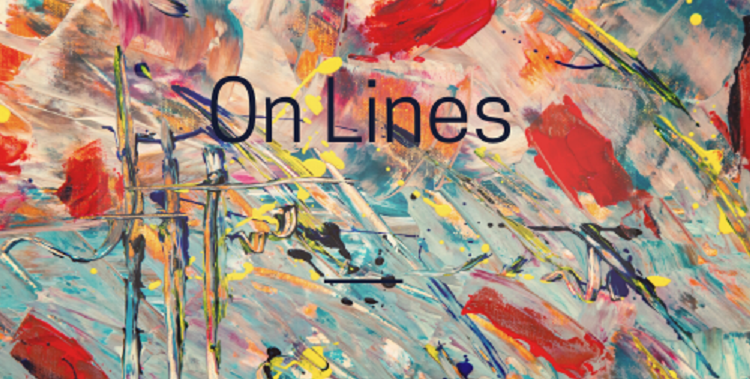Albus McInerney edits a literary magazine.
Kim was railing against courtroom shenanigans and other ploys designed to change the outcome of the recent election in the United States.
‘It’s nonsense,’ she said, with considerable feeling. ‘It flies in the face of observable fact!’
Dimitri appeared to be in not quite full agreement. ‘The president’s people aren’t denying reality,’ he said. ‘They’re trying to bend it into a different shape.’
Of all the editorial board I think it’s fair to say that Dimitri is the only one whose views and casual observations, taken in a certain way, might sometimes be construed as having faint but discernible traces of Trumpism.
Kim may have reached a similar conclusion, because she replied sharply, ‘Truth is truth, Dimitri! Facts are facts!’
‘But life has a way of undermining truth,’ Dimitri said.
‘Derrida?’ Patrice asked – Patrice has a penchant, common among many of his compatriots, for outré philosophical argument.
‘Perhaps the people will be judged to have lost the government’s confidence. Perhaps the government will have to dissolve the people and elect another,’ I said. It was rather glib, but I wanted to lighten the solemn mood. We were supposed to be discussing a proposed feature on comic verse.
‘I wasn’t thinking about Brecht,’ Dimitri said, ‘or Derrida, for that matter. I was thinking that the President’s systemic renunciation of observable fact has a certain internal consistency. It wouldn’t be out of place if it had been dreamed up by Lewis Carroll or Edward Lear.’ At this, he launched into an impromptu and rather spirited recitation: ‘Twas brillig, and the slithy toves, / Did gyre and gimble in the wabe: / All mimsy were the borogoves, / And the mome raths outgrabe.’
‘You’re right!’ Kim said, which I found more than a little surprising. ‘And Giuliani,’ she added, ‘might as well have been quoting from Alice in Wonderland for all the sense he made at that press conference.’
‘The one at the garden centre?’ I asked.
‘No,’ Kim said, ‘The one where his hair dye started to run.’
‘Though some at my aversion smile,’ Patrice said, abandoning the niceties of post-structuralism for the nonsense verse that we had gathered to discuss, ‘I cannot love the crocodile. / Its conduct does not seem to me / Consistent with sincerity.’
‘Or even sanity,’ Kim said. ‘There’s surely a possibility that these people have started to believe their own rhetoric.’
‘No, Kim,’ Rami said. ‘The president isn’t delusional. He is defiant. The crocodile itself no less / Displays, but does not feel, distress, / And with its tears augments the Nile; / The false, amphibious crocodile.’
‘The point being?’ Dimitri asked.
I was glad I wasn’t the only one losing the thread.
‘The point being that if the president really believed he’d won,’ Rami said, ‘his efforts would be less clownish – and he would continue to govern, rather than play golf. It’s surely a case of “displays but does not feel”.’
‘And what can be deduced from this?’ Kim asked.
‘Well,’ Rami said, ‘the trouble with geraniums . . .’
‘Exactly!’ Patrice said, enthusiastic again. ‘They’re much too red!’
The resemblance between our meeting and the Mad Hatter’s tea party did not elude me. Yet, as I listened, I did rather wish that I shared my colleagues’ facility to dredge up appropriate lines from long ago.
‘And the trouble with my toast,’ Kim continued.
‘Is that it’s far too full of bread,’ Patrice concluded.
‘Not sure I follow.’ It was an admission I felt obliged to make, though it may have sounded a little grumpy.
‘There is no artifice,’ Dimitri explained. ‘At least, I think that’s the point. The president will bow to reality in due course, like a spoiled child after a tantrum.’
‘But he has led millions into a dangerous illusion,’ Kim said.
‘There has always been nonsense,’ Dimitri said. ‘The trick is to render it benign – or to channel it in a positive way. Perhaps the next president will be able to do that.’
‘On the Ning Nang Nong / Where the Cows go Bong! / and the monkeys all say BOO?’ I asked. Glib again, but it was nonsense I learned as a child and I wanted – perhaps just for the sake of inclusion – to bring it to the table.
‘Precisely,’ Dimitri said.
And, to my surprise, there were expressions of approval from the others too.
